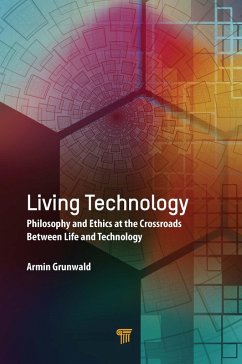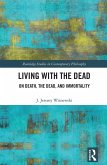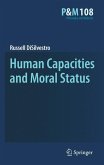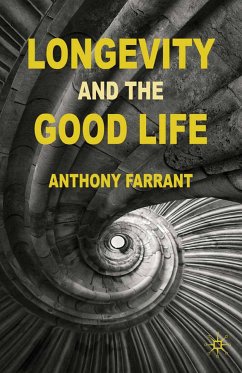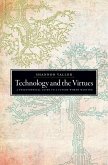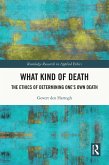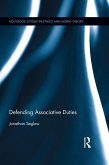The book addresses the understanding of the ongoing dissolution of the life/technology borders, the provision of ethical guidance for navigating research and innovation responsibly, and the philosophical reflection on the meaning of the current shifts. It offers three specific perspectives for understanding the challenges and providing orientation. First, the dissolution of the boundaries between technology and life is analyzed and reflected from both sides. Second, the search for orientation is not restricted to ethics but also involves philosophy of technology and of nature, as well as anthropology. Finally, instead of restricting the analysis to specific areas of life, e.g., bacteria or animals, the book presents a comprehensive look at the entire spectrum of living organisms-bacteria and viruses, plants, animals and humans-and robots as possible early forms of emerging technical life.
Dieser Download kann aus rechtlichen Gründen nur mit Rechnungsadresse in A, B, BG, CY, CZ, D, DK, EW, E, FIN, F, GR, HR, H, IRL, I, LT, L, LR, M, NL, PL, P, R, S, SLO, SK ausgeliefert werden.

